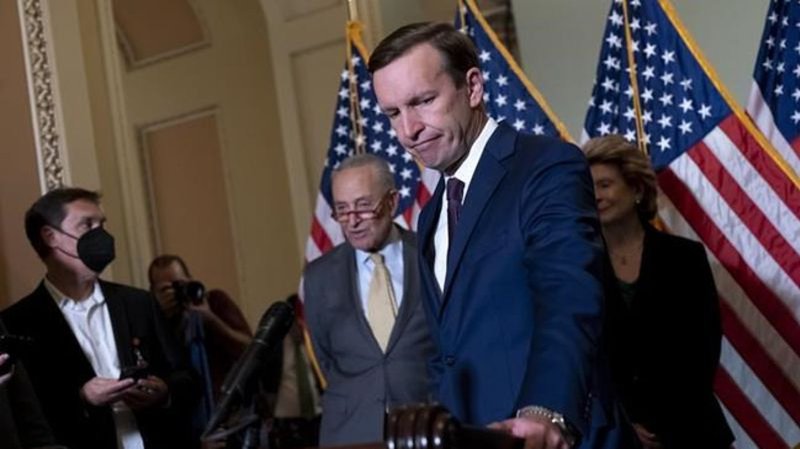
Gun bill on road to passage as Senate overcomes GOP delays
WASHINGTON (AP) — The Senate pushed a bipartisan gun violence bill to the brink of passage Thursday as it voted to halt a Republican filibuster against the measure, clearing the way for Congress’ most far-reaching response in decades to the nation’s run of brutal mass shootings.
After years of GOP procedural delays that derailed Democratic efforts to curb firearms, Democrats and some Republicans decided that congressional inaction was untenable following last month’s horrific rampages in Buffalo, New York, and Uvalde, Texas. It took nearly a month of closed-door talks but a group of senators from both parties emerged with an 80-page compromise embodying incremental but impactful movement.
The measure would toughen background checks for the youngest gun buyers, keep firearms from more domestic violence offenders and help states implement “red flag” laws that make it easier for authorities to take weapons from people adjudged dangerous. It would also fund local programs for school safety, mental health and violence prevention.
Thursday’s roll call ending the blockade by conservative GOP senators was 65-34, five more than the 60-vote threshold needed. Final passage of the $13 billion measure was expected by week’s end with a House vote to follow, though timing was uncertain.
